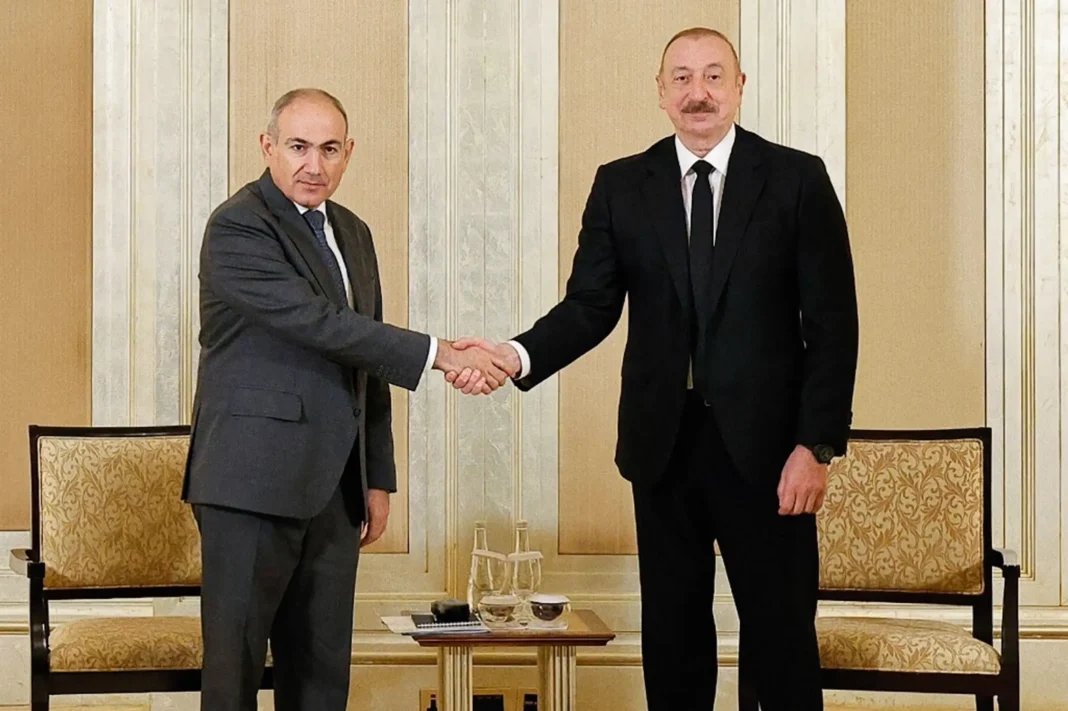Tomorrow, the White House will host a meeting closely watched in Baku, Yerevan, and far beyond. Azerbaijani President Ilham Aliyev and Armenian Prime Minister Nikol Pashinyan will meet at the personal invitation of Donald Trump — a gathering that could shape not only the prospects for a long‑awaited peace deal but also a new security architecture for the South Caucasus, with the U.S. positioned as a major extra‑regional player.
For decades, the South Caucasus’ balance of power was influenced primarily by neighboring powers — Russia, Turkey, and Iran. But Moscow’s diminished role amid the war in Ukraine, Ankara’s growing activism, and the West’s rising interest in the region’s energy and transit potential have created an opening Washington is eager to seize. The White House aims to offer a new mediation format that, in U.S. diplomatic thinking, could lead to a peace accord and unlock projects capable of reshaping the regional landscape.
At the core of discussions is the unblocking of transport links, including the long‑debated Zangezur Corridor — a route connecting mainland Azerbaijan with its Nakhchivan exclave and Turkey through a short stretch of Armenian territory. For Baku, it’s a matter of restoring national connectivity and boosting transit potential. For Yerevan, it could be a path out of years of self‑inflicted blockade. Washington emphasizes that the corridor could be integrated into a wider network of international transport routes backed by Western stakeholders.
The timing is strategic. A draft peace treaty was agreed in principle earlier this year but stalled over unresolved issues — from the Armenian constitution’s wording on Azerbaijan’s territorial integrity to the fate of the OSCE Minsk Group. Trump and his team believe U.S. sponsorship can provide the final push. Public statements that the deal is “almost ready” have created an atmosphere of anticipation, even as many details remain contentious.
Thanks to recent diplomatic gains, Azerbaijan and Armenia are now capable of direct talks without intermediaries but are open to U.S. facilitation. This makes the White House meeting particularly significant. Unlike the Biden administration, which Baku saw as leaning pro‑Armenian, Trump has projected equal distance from both sides and a readiness for dialogue based on mutual respect. His prior constructive dealings with Azerbaijan further boost Baku’s confidence in the process.
In Washington’s view, formal conflict closure is only the first step. Friday’s talks will be a test of the two leaders’ political will. Aliyev arrives confident after military and diplomatic victories, pushing for clear, irreversible commitments to the post‑conflict agenda. Pashinyan, constrained by domestic opposition, will seek to avoid language that could be seen at home as concessions.
For Trump, success would showcase U.S. ability not just to engage in South Caucasus diplomacy, but to act as a global peacemaker. Recently nominated for the Nobel Peace Prize by leaders from Cambodia, India, and Pakistan, he could see Aliyev and Pashinyan join the list if Washington produces even a framework deal.
The outcome could define the South Caucasus’ political landscape for years. The U.S. is determined not just to witness the process but to embed itself as a key guarantor linking the region to the global economic and political system. Whether that happens will become clear by Friday evening.


